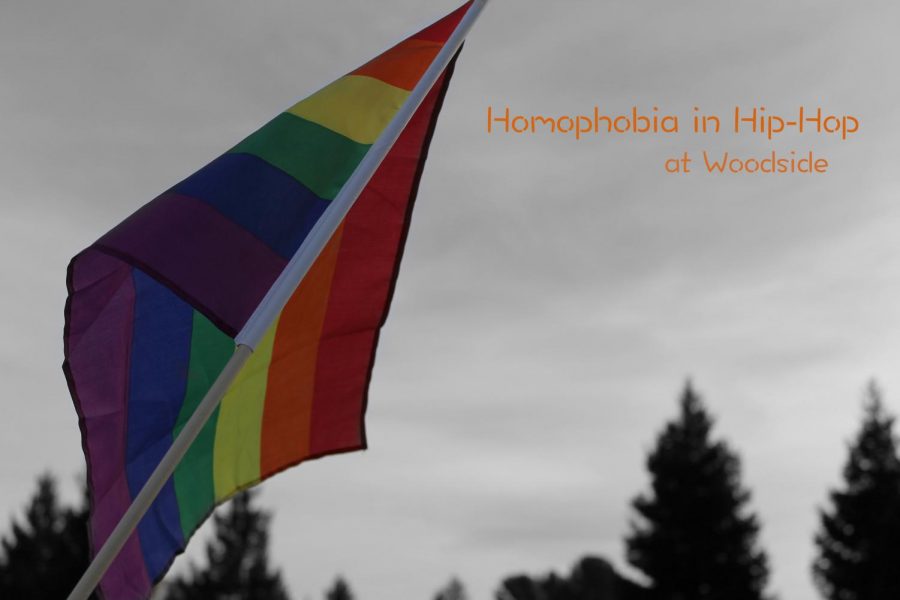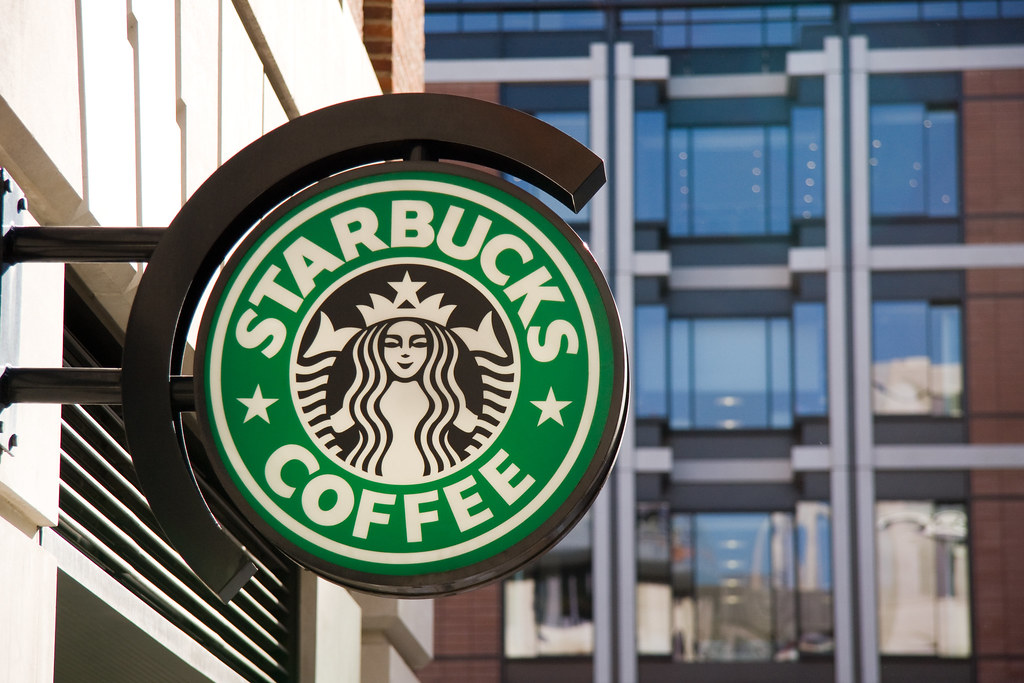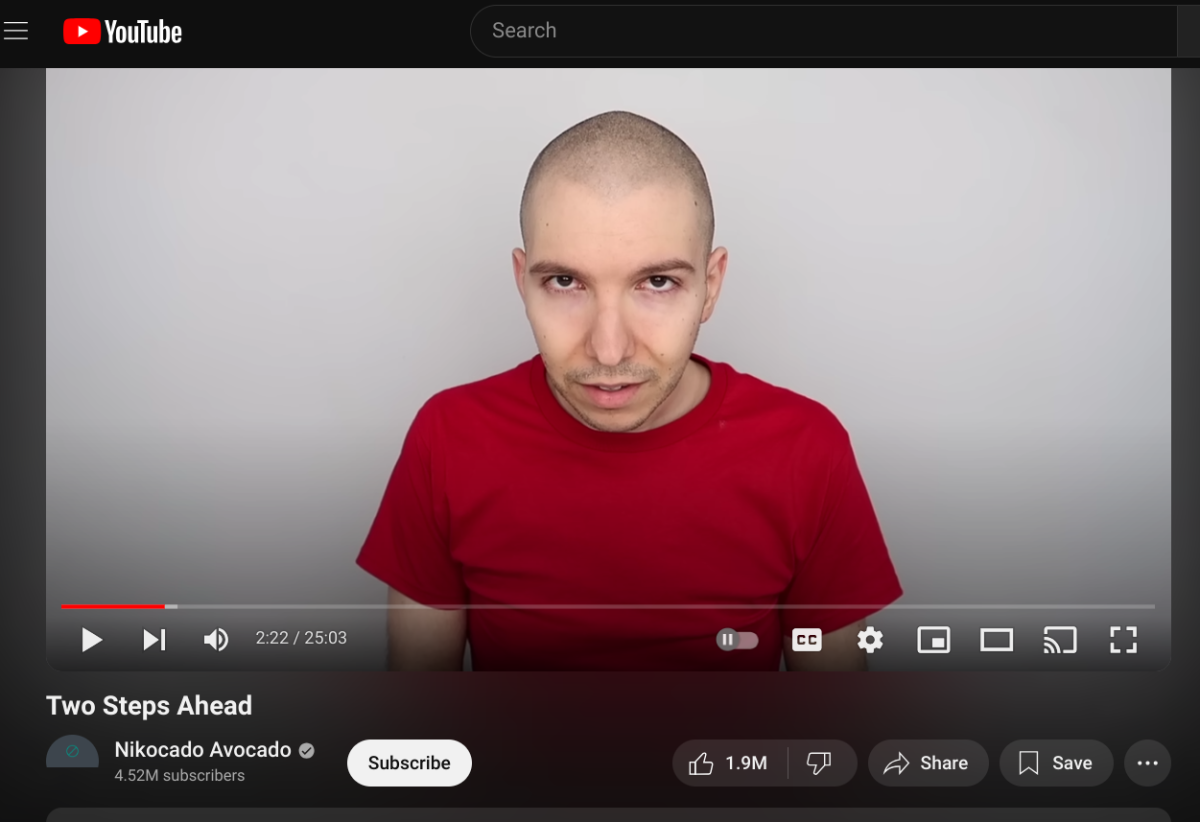Listeners recently called out Offset, a member of the hip hop trio Migos, for a line perceived as homophobic in his verse of “Boss Life” by YFN Lucci.
Offset responded to this criticism by explaining he had not known “queer,” the controversial word he used, disparaged gay people. This controversy reignited a debate about Migos’ views on the LGBTQ+ community, backed by past accusations of homophobia involving iLoveMakonnen and Frank Ocean, both of whom are members of the LGBTQ+ and hip-hop communities.
Freshmen Kiley Graham said, “Although the artist may not have meant [“queer” as an insult], music is a universal language that can be interpreted many ways… The artist should have done their research first to make sure that they were making a solid point.”
Others are less forgiving, arguing that this use of the word “queer” is common knowledge.
Senior Mollie Kraus, who identifies as bisexual, comments, “I think it isn’t true [that he didn’t know the other definition of “queer”]. Everyone with access to the internet knows that’s a word used to shame gay people.”
So, if artists like Migos promote these damaging ideologies on their tracks and in their interviews, it can be assumed that the teens listening will be negatively influenced by these messages.
“I definitely think listening to those things is damaging to the teenagers listening because whether they’re aware of it or not they want to emulate the artists they look up to,” Kraus adds.
Rap, a genre of music that a majority of teenagers listen to and enjoy, is often criticized for its sexism and homophobia. Woodside plays rap at high school events such as homecoming and rallies. This begs the question, should Woodside, a school which prides itself on its diversity and acceptance, as well as one with an active LGBTQ+ student club, play music like that of the Migos?
Senior Karina Bridgman asserts that it depends: “I think that rap music that is reviewed before being played at school by dance team or at rallies… can be played. However, music that is offensive to the LGBTQ+ community should not be played out loud.”
When it comes down to the effectiveness of banning this type of music, Bridgman adds, “If students like rap as a genre, they will most likely listen to it at home no matter if the school tries to censor it.”
The general attitude amongst students indicates that though these offensive messages should not be broadcasted on campus, a ban will not stop students from listening to the artists.
Kraus comments, “I think it is useless to try and restrict teenagers [from music] because they can still access it, so I think the best thing schools can do is try and play rap songs that aren’t homophobic and continue to spread an anti-homophobic message day to day.”
Graham concludes, “I believe we can’t control what teenagers listen to, but [we can] do our best to teach them to accept others.”






